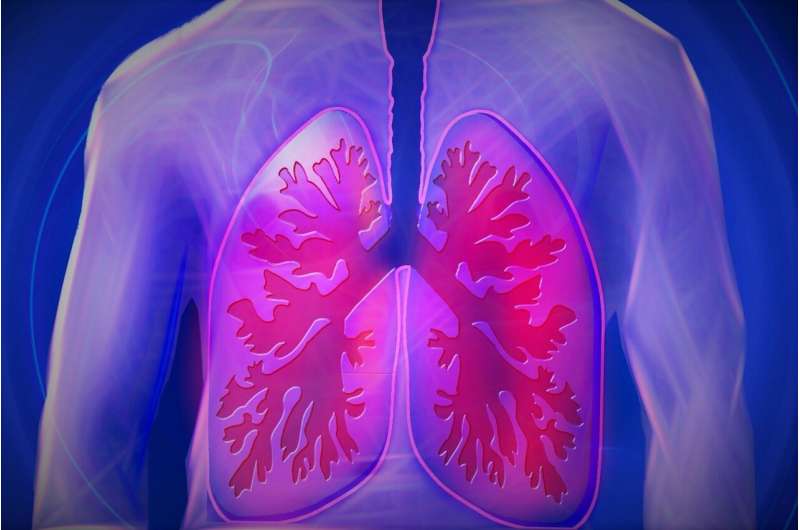Significant Improvements in Long-Term Survival for Patients with Chronic Thromboembolic Pulmonary Hypertension

Recent research highlights significant improvements in long-term survival rates among patients with chronic thromboembolic pulmonary hypertension, driven by advances in surgical and medical treatments over recent decades.
Chronic thromboembolic pulmonary hypertension (CTEPH) is a condition characterized by elevated blood pressure in the lungs due to blockages, such as blood clots, in the pulmonary arteries. Despite advances in treatment options over recent decades, understanding of long-term patient outcomes has remained limited.
Recent research from Japan has examined patient data spanning from 1980 to 2023, revealing notable improvements in prognosis over time. Historically, patients diagnosed with CTEPH faced poor outcomes owing to limited therapeutic options. However, advancements in surgical techniques and pharmacological treatments have transformed the landscape.
Treatments like pulmonary endarterectomy, which involves surgically removing clots from the lungs, have become more effective. When surgery isn’t feasible, balloon pulmonary angioplasty provides a minimally invasive alternative to widen narrowed blood vessels. Additionally, combining these surgical methods with medical therapies in a multimodal approach tailored to individual patients has shown to enhance outcomes.
The study, published in the European Respiratory Journal, analyzed 834 patients categorized by three eras: early (1980–1999), middle (2000–2010), and recent (2010–2023). The findings demonstrated a significant improvement in survival rates: 68% of patients survived five years in the early era, rising to 85% in the middle era, and reaching 93% in the current era.
Furthermore, the proportion of untreated patients decreased markedly—from 65% in the early period to just 3% today—while the adoption of multimodal treatments increased from none to 58%. Lead researcher Takatoyo Kiko emphasized that these trends reflect increased treatment access and therapeutic strategies.
Although these findings are based on a single center in Japan, they offer hopeful insights into the future management of CTEPH. Ongoing advancements in therapies are expected to further improve patient survival and quality of life in coming decades.
Source: https://medicalxpress.com/news/2025-07-prognosis-chronic-thromboembolic-pulmonary-hypertension.html
Stay Updated with Mia's Feed
Get the latest health & wellness insights delivered straight to your inbox.
Related Articles
Innovative Acid-Resistant Hydrogel Enhances Gastric Wound Healing in Animal Studies
A groundbreaking acid-resistant hydrogel inspired by gastric mucus has demonstrated significant potential to enhance wound healing in the stomach, showing superior adhesion, durability, and biocompatibility in animal studies.
Genetic Links Between Osteoporosis and Rotator Cuff Tears Uncovered
New research uncovers genetic connections between osteoporosis and rotator cuff tears, emphasizing the importance of bone health in preventing shoulder injuries among older adults.
Avoiding Radioactive Iodine After Thyroid Cancer Surgery Can Improve Quality of Life for Low-Risk Patients
Recent clinical trial results suggest that low-risk thyroid cancer patients may safely skip radioactive iodine therapy after surgery, leading to better quality of life and fewer side effects. This breakthrough could transform treatment guidelines globally.
Understanding Methylene Blue: Is It a True Brain Enhancer?
Methylene blue has been explored for its potential to enhance brain function, but scientific evidence is limited. Learn about its uses, benefits, and risks based on recent research.



